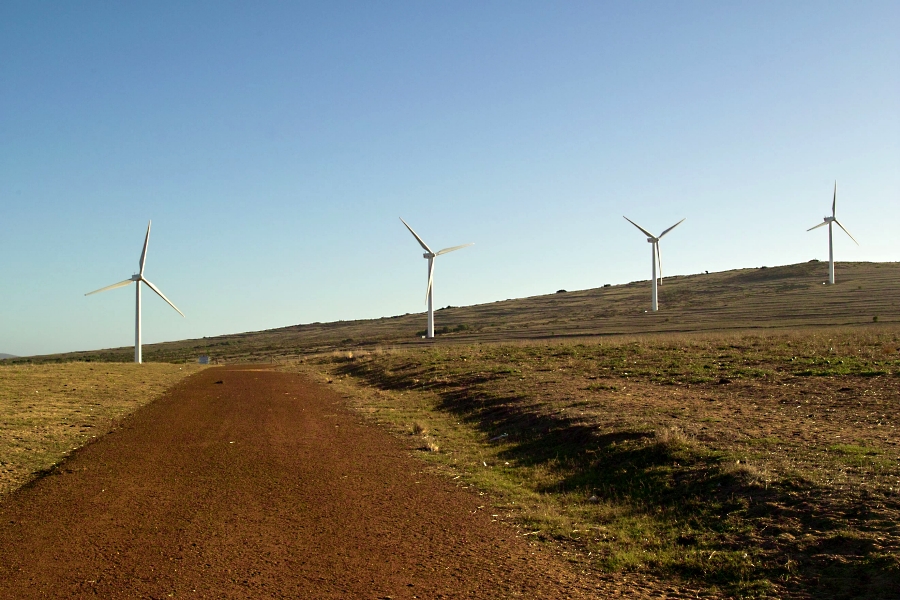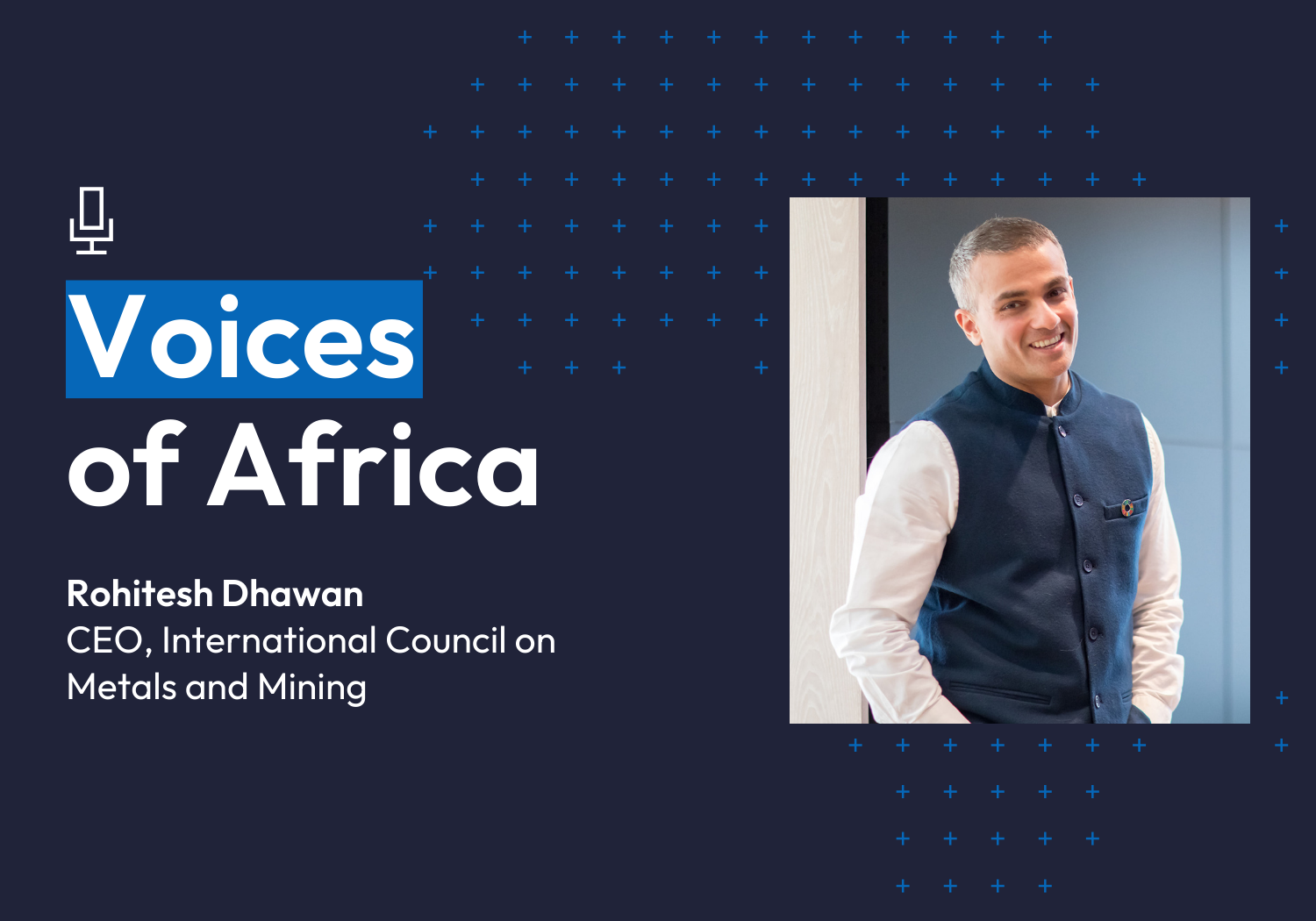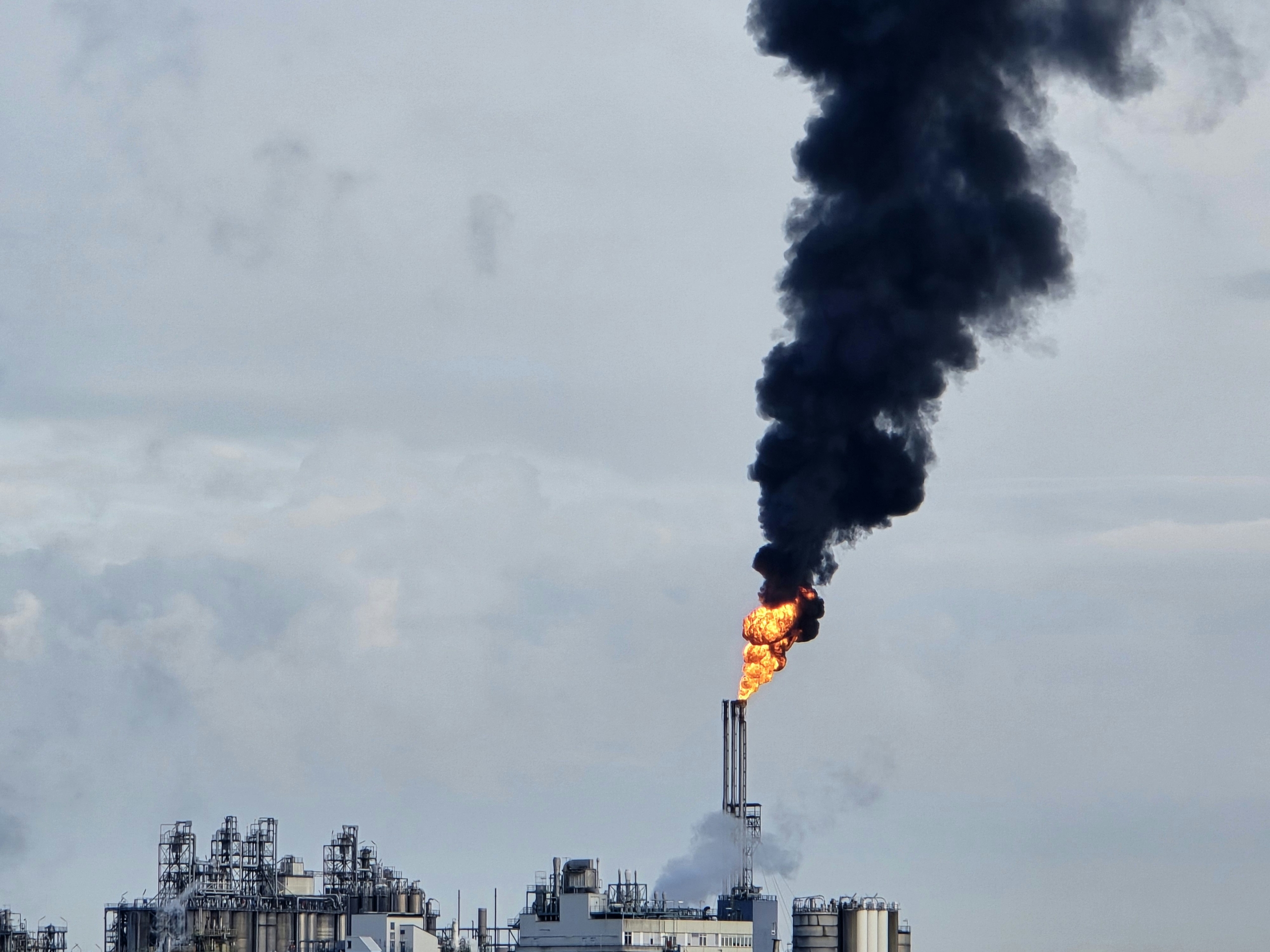We are excited to announce that Brink is now part of Africa Practice. Learn more
Africa grapples with the energy transition

While Africa is not immediately synonymous with hydrocarbon wealth, the continent boasts 18 crude oil producers. This includes seven OPEC members, which collectively account for some 21% of global oil production, according to estimates by the US Energy Information Administration. Africa is also an increasingly important player in liquified natural gas (LNG), which is in growing demand as Europe weans itself off Russian gas pipelines, and Asia retires coal power stations. Beyond petroleum, the continent is receiving major investments in renewable power and future-facing green hydrogen.
Although there is some overlap, the continent’s energy producers can loosely be clustered into four groups: authoritarian petrostates; reluctant reformers; emerging LNG heavyweights; and prospective green hydrogen superpowers.
Authoritarian petrostates
The authoritarian petrostates are concentrated in central Africa, and are typified by over-reliance on crude oil, with a narrow elite obtaining a disproportionate share of revenues. In the Republic of Congo, oil rents accounted for 34% of GDP in 2021, according to World Bank estimates – the third-highest proportion globally. This dependence on crude makes the country susceptible to the vagaries of international commodity markets, complicating public budgeting and undermining efforts to drive development. Half of the population remain without access to electricity, and there is little sign the Congolese government is preparing for the energy transition. Instead, the administration of 79-year-old Denis Sassou Nguesso appears vulnerable to social unrest as crude revenues decline.
Equatorial Guinea is marginally less reliant on hydrocarbons, with oil and gas rents collectively equivalent to 21.5% of GDP in 2021. However, some 70% of the population live in poverty, revealing the country’s failure to leverage the natural resource dividend to drive development. With only 2% of Ecuatoguineans enrolled in tertiary education the country lacks the human capital required to navigate the energy transition. Like his counterpart in the Republic of Congo, Equatorial Guinea’s 80-year-old head of state, Teodoro Obiang Nguema Mbasogo, looks set to face growing popular discontent when it becomes apparent that the country’s petroleum revenues were squandered.
Reluctant reformers
However, there is a route out of this natural resource trap, as demonstrated by reluctant reformers elsewhere in central Africa, where governments have pursued economic diversification. In Gabon, President Ali Bongo recognised well before the oil price crashed in 2014 that declining oil revenues posed a threat as existing fields matured. The Emerging Gabon Strategic Plan (Plan Stratégique Gabon Émergent) outlined a vision to diversify the economy away from crude back in 2011, establishing a national development plan for the period to 2025. This included a far-sighted focus on the environment, with the government pioneering efforts to unlock natural capital, notably by promoting sustainable forestry, ecotourism and seeking to issue carbon credits tied to the preservation of the Congo rainforest.
In Angola, President João Lourenço has championed major reforms to the energy sector, enabling private investors to commercialise gas and develop marginal fields, thereby unlocking feedstock for LNG. Lourenço has also sought to reduce the dominance of the sprawling national oil company, Sonangol, selling off non-core assets and encouraging it to invest in renewables. Under Lourenço’s PROPRIV agenda, Angola successfully sold stakes in 96 state-owned enterprises between 2019-2022, raising USD 1.13 billion. The country also secured fresh investment in mining, notably critical minerals required for the energy transition, including copper, cobalt, nickel, and rare earths, thereby positioning it for a future beyond oil and gas.
Yet, PROPRIV’s impact on the energy sector has yet to be felt, and there are concerns about the government’s ambition to attract international investment in Sonangol via an initial public offering (IPO), slated for 2024. Plans to sell a 30% stake in the national oil company remain complicated by Sonangol’s historical opacity and the lack of a track record of independently audited accounts.
In Nigeria, President Bola Tinubu is overhauling the energy industry in the face of urgent fiscal and sectoral challenges. Under his predecessor Muhammadu Buhari, oil theft became rampant, petroleum production declined, and the state became unable to sustain fuel subsidies. With Nigeria’s debt service bill reaching 96% of government revenues last year, Tinubu may be forced to prioritise export projects that make the greatest contribution to the exchequer – such as Nigeria LNG Train 7 – at the expense of domestic plans to drive industrialisation, such as the 614km Ajaokuta-Kaduna-Kano (AKK) gas pipeline.
On paper, the launch of a new USD 18.5 billion oil refinery spearheaded by African billionaire Aliko Dangote promises to transform Nigeria’s processing capacity. The 650,000 barrel per day facility is the largest single-train refinery in the world, and it promises to make Nigeria self-sufficient in gasoline, diesel, and jet fuel, as well as generating much-needed foreign currency.
Emerging LNG heavyweights
Meanwhile, a group of new LNG heavyweights is emerging. Senegal’s president, Macky Sall – a petroleum engineer and former director-general of the national oil company Petrosen – has been pivotal to fast-tracking BP’s Tortue floating LNG project, which is set to produce first gas early next year. However, Sall has also insisted on securing domestic gas obligations to drive industrialisation and enable the country to develop new sectors independent of the hydrocarbons sector. Senegal and neighbouring Mauritania are positioning themselves to become major players in LNG, with the Yakaar-Teranga and Orca-Bir Allah projects earmarked for development following Tortue phase two.
In Mozambique, Eni’s offshore Coral FLNG project is ramping up production, while TotalEnergies prepares to resume work on its onshore facility for Mozambique LNG, and ExxonMobil considers sanctioning Rovuma LNG. Established gas producer Tanzania has ambitions to become a major exporter, with Equinor, Shell and ExxonMobil working to sketch out the contours of a host government agreement, which will provide a regulatory framework and a production sharing agreement for some 36 trillion cubic feet of gas.
Green hydrogen superpowers
But Africa’s prospectivity is not just limited to fossil fuels. The continent benefits from a natural abundance of solar irradiation, high winds, geothermal and water resources, all of which have helped galvanise investment in renewables in recent years. Amid this backdrop, a heterodox set of players are positioning themselves to take up emerging technologies such as green hydrogen. This harnesses renewable energy to drive electrolysis, splitting water into hydrogen and oxygen, creating a clean energy vector that can be used locally or shipped globally as ammonia. Those taking up the mantle include established LNG players Egypt and Algeria, leading fertiliser producer Morocco, and the diversified economies of Kenya, Namibia, and South Africa.
These economies are perhaps best positioned to adapt to socioeconomic shifts caused by the energy transition, but they are also competing against one another and other global peers. To attract international capital, governments will need to develop new policies and regulatory frameworks tailored to the needs of this nascent industry. Doing so will be difficult, but it would put them at the forefront of the green hydrogen race, thereby enabling Africa to capitalise on the opportunities generated by the energy transition rather than getting caught in the winds of change.
About the author
Nick Branson is an Associate Director in the Intelligence and Analysis team, leading engagements on the energy transition. The above represents his views and not those of Africa Practice. He can be contacted at [email protected]
This article originally appeared in Africa in Fact, published by Good Governance Africa. It has been shortened and edited for publication as an UpFront.
Proud to be BCorp. We are part of the global movement for an inclusive, equitable, and regenerative economic system. Learn more


